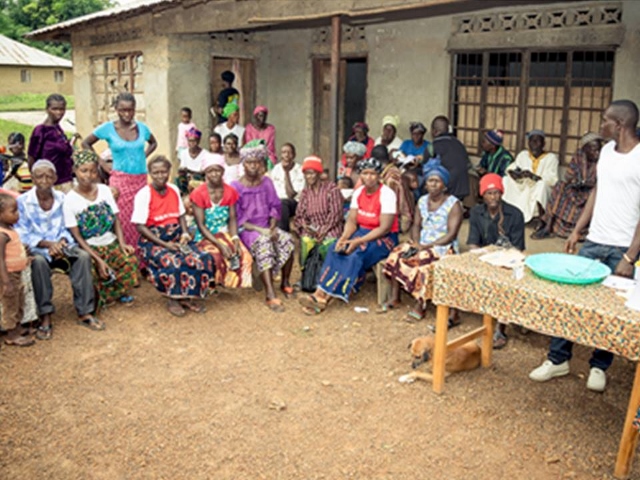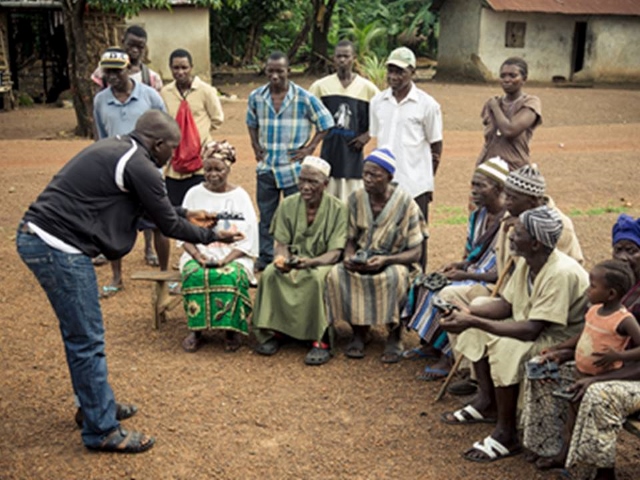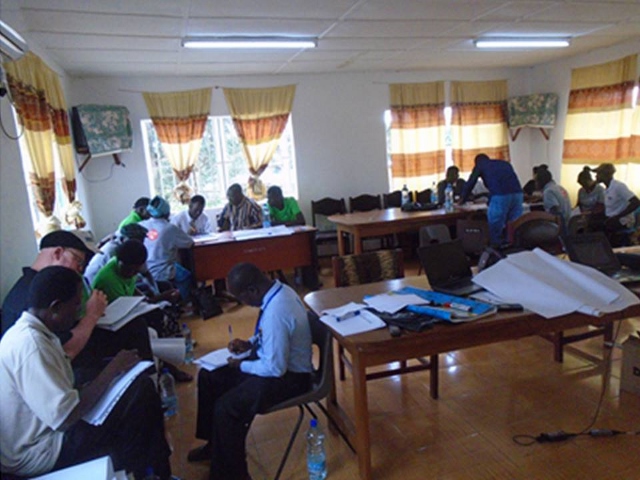In Sierra Leone, the StopRats project is implemented by Concern Worldwide. Concern is an international humanitarian organisation dedicated to tackling poverty and suffering in the world’s poorest countries. Concern works in partnership with the very poorest people in these countries, directly enabling them to improve their lives, as well as using their knowledge and experience to influence decisions made at a local, national and international level that can significantly reduce extreme poverty.
Concern has been working in Sierra Leone since 1996, focusing initially on emergency response and rehabilitation and later on the sectors of health, education and livelihoods. Concern is in a transitional period, moving away from sectoral projects primarily focused on a micro level to an integrated approach which tackles all dimensions of poverty:– lack of and low return on assets; inequality; and risk and vulnerability. The StopRats project falls under Concern’s Food, Income and Markets programme which aims to improve food security for vulnerable households. In Sierra Leone, Concern Worldwide works in Freetown (and surrounding Western Area) and in Tonkolili District, where the StopRats project is implemented. Six communities are targeted in the two chiefdoms of Tane and Kholifa Rowalla.


Focus group discussions conducted at the beginning of the project confirmed that rodents are a major problem for farming communities in Tonkolili District. They attack and damage crops in the field and stored in warehouses and homes. They also contaminate food and destroy clothes and other household items. The focus group discussions also revealed that capacity to manage rodents was rather limited.
Six communities were identified (Makrugbe, Mapakie, Rosint, Massesebe, Rowalla, Makorie and Kabia), followed by the selection of 630 vulnerable small scale farming households using vulnerability criteria including little or no coping mechanisms to deal with rodents, and limited access to land, tools and seeds. Three communities were identified for intensive daily monitoring and three for monthly monitoring of rodent infestation. A total of 630 improved rat traps and 60 rat footprint tiles were distributed to the identified households. Rat trapping, data collection and monitoring is on-going in both intensive daily and monthly monitoring communities with the support of ‘animator’ volunteers from the community. These community animators play an important role in the project, overseeing the rat trapping in their communities, performing dissections and collecting data on rat catches.
Concern also seeks to increase awareness among decision makers and the general public at district and national level through workshops and stakeholder meetings to share findings and lessons learned.

The StopRats project in Sierra Leone is implemented in collaboration with the Ministry of Agriculture, Forestry and Food Security (MAFFS); Njala University; Fourah Bay College; the College of Medicine and Allied Health Sciences; Northern Polytechnic; Sierra Leone Agricultural Research Institute (SLARI) and other local non-governmental organisations.
The project team in Concern Worldwide Sierra Leone is led by the Project Manager, Prince Norman:
